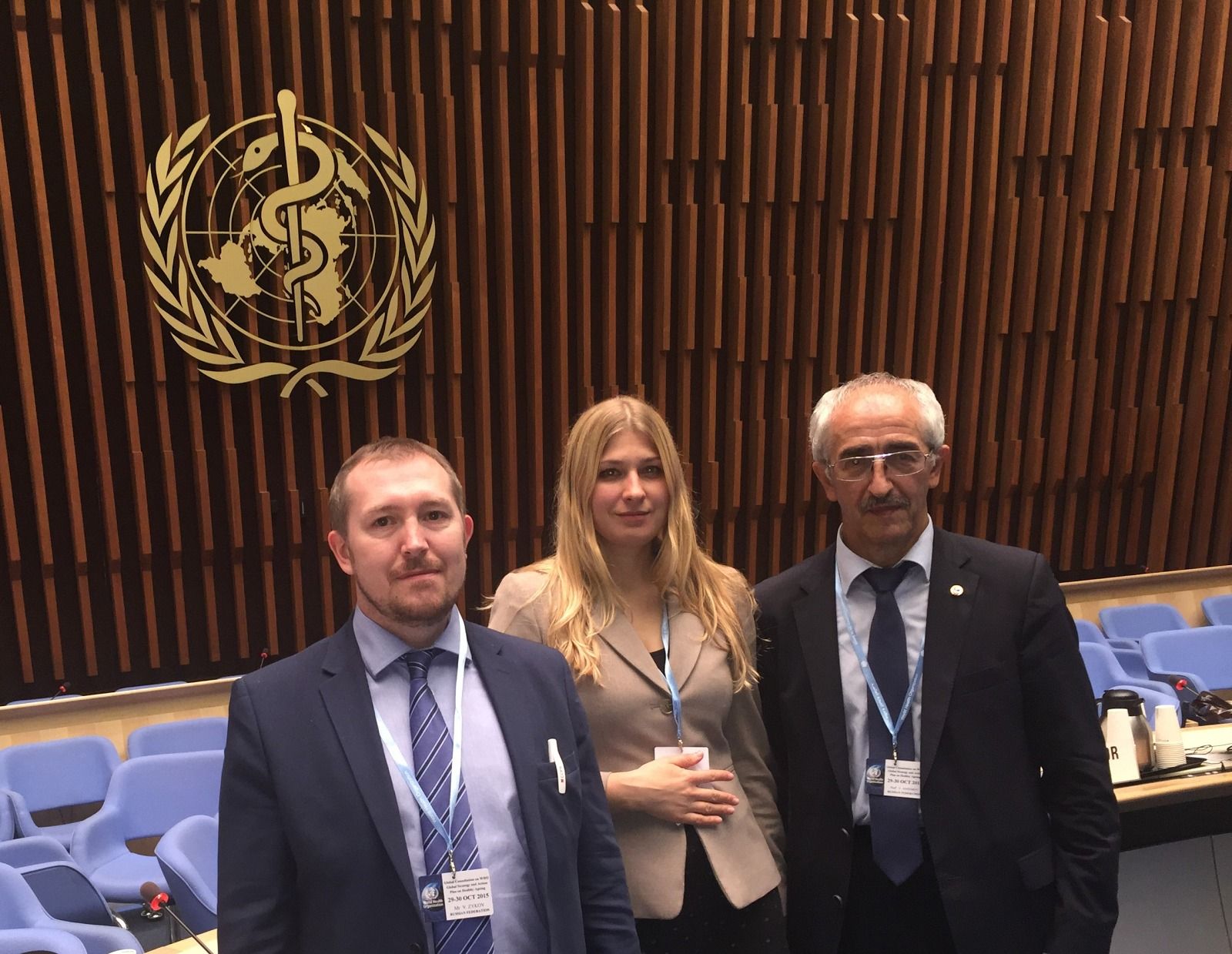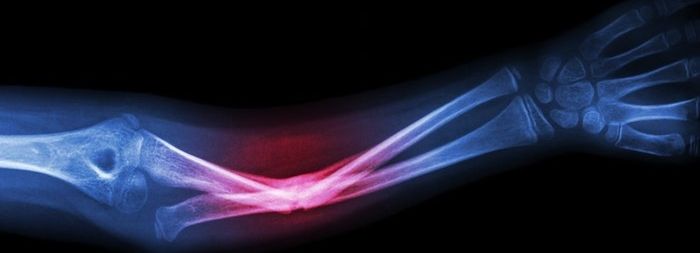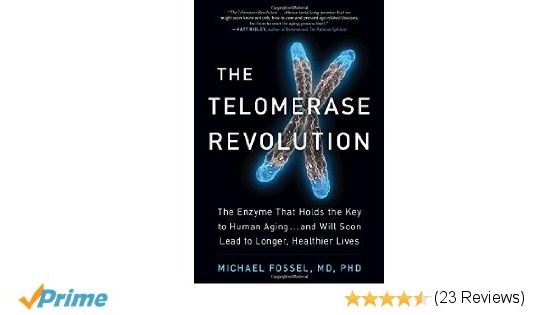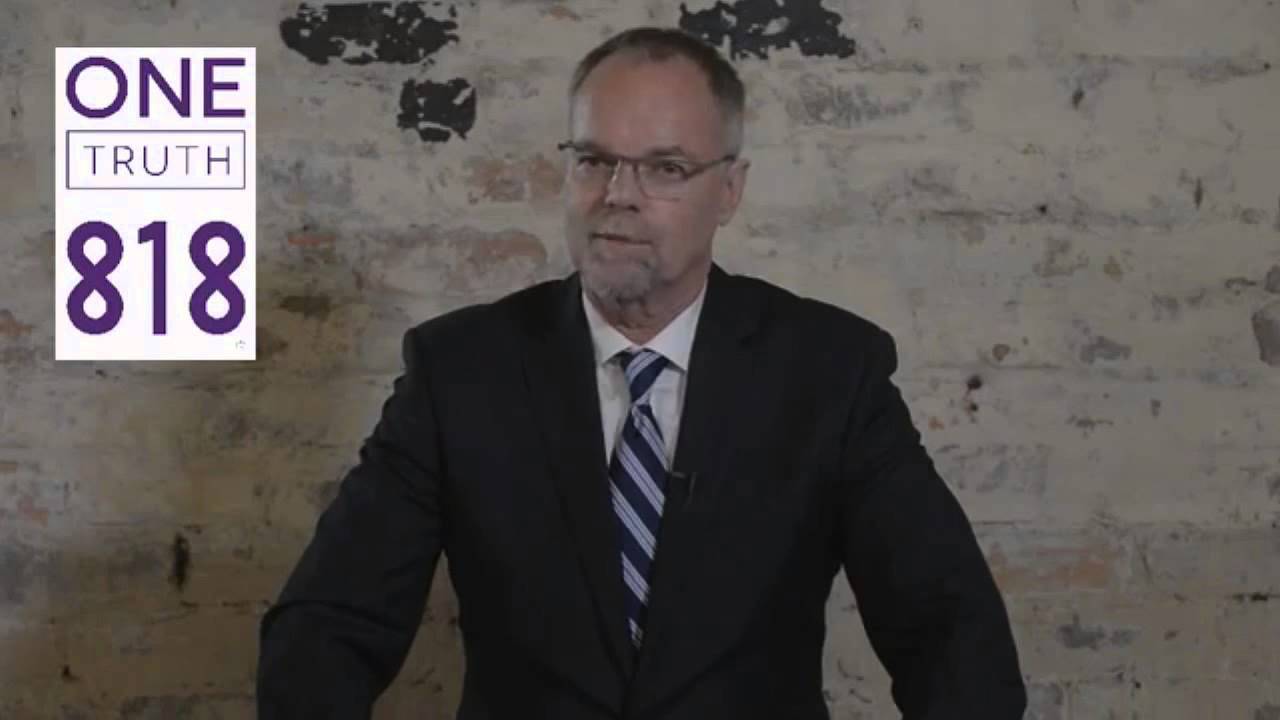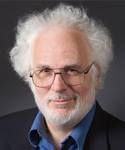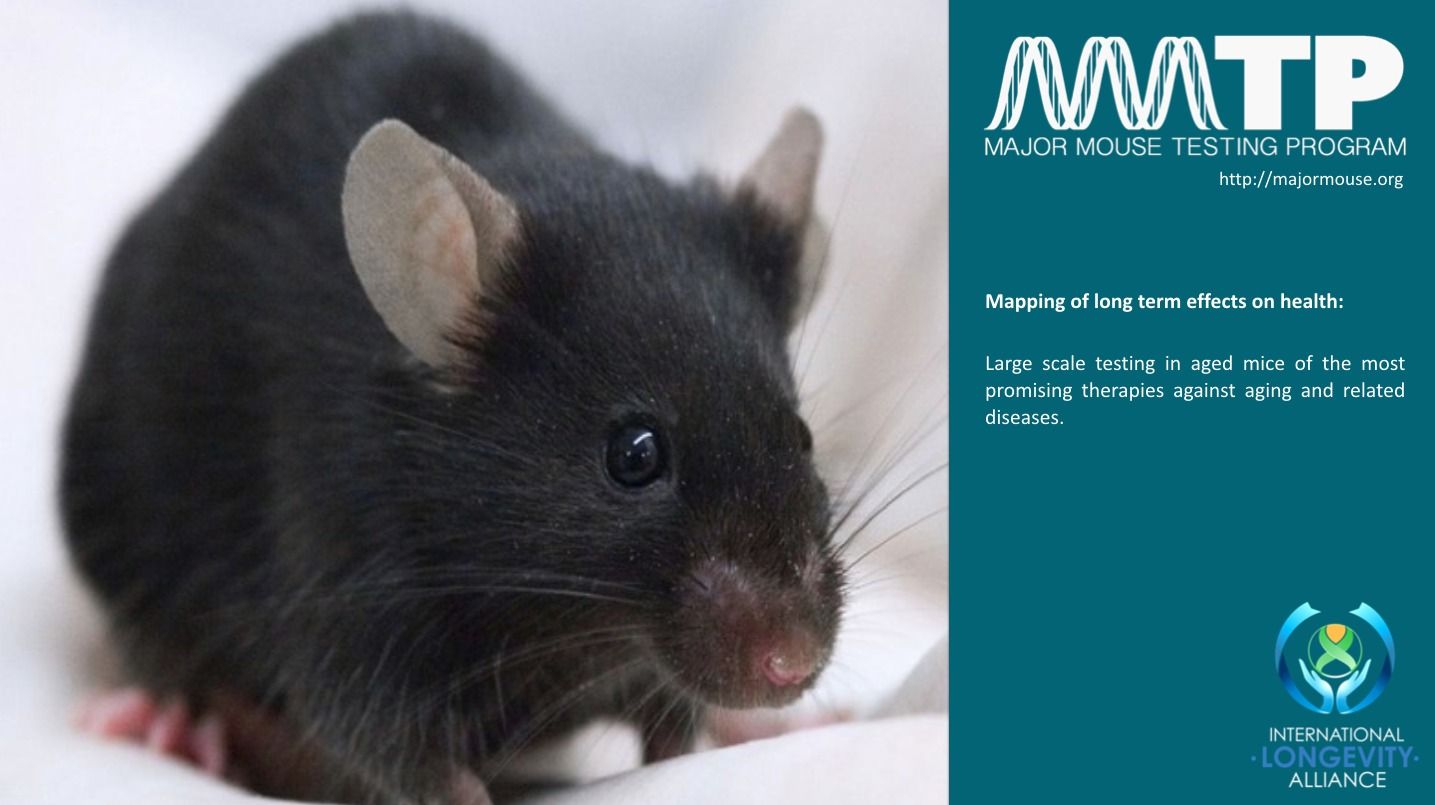
The MMTP is testing Senolytics in an ambitious large scale mouse longevity project.
The goal of regenerative medicine is both quantity and quality whilst traditional medicine has provided quantity often at the cost of quality. Regenerative medicine proposes to reduce the frailty and decline of old age by rejuvenating the body and promoting healthy longevity. With advances in technology, research and our understanding of the aging process, this is now becoming a realistic proposition.
Some drugs already tested have been found to increase mouse lifespan such as Metformin 1,2 and Rapamycin 3.These drugs are even now moving into human clinical trials to see if the above benefits translate into people. However, there are many more promising substances that have never been properly tested and we do not know if they could extend healthy lifespan.
Continue reading “Major Mouse Testing To Fast Track Regenerative Medicine” »

